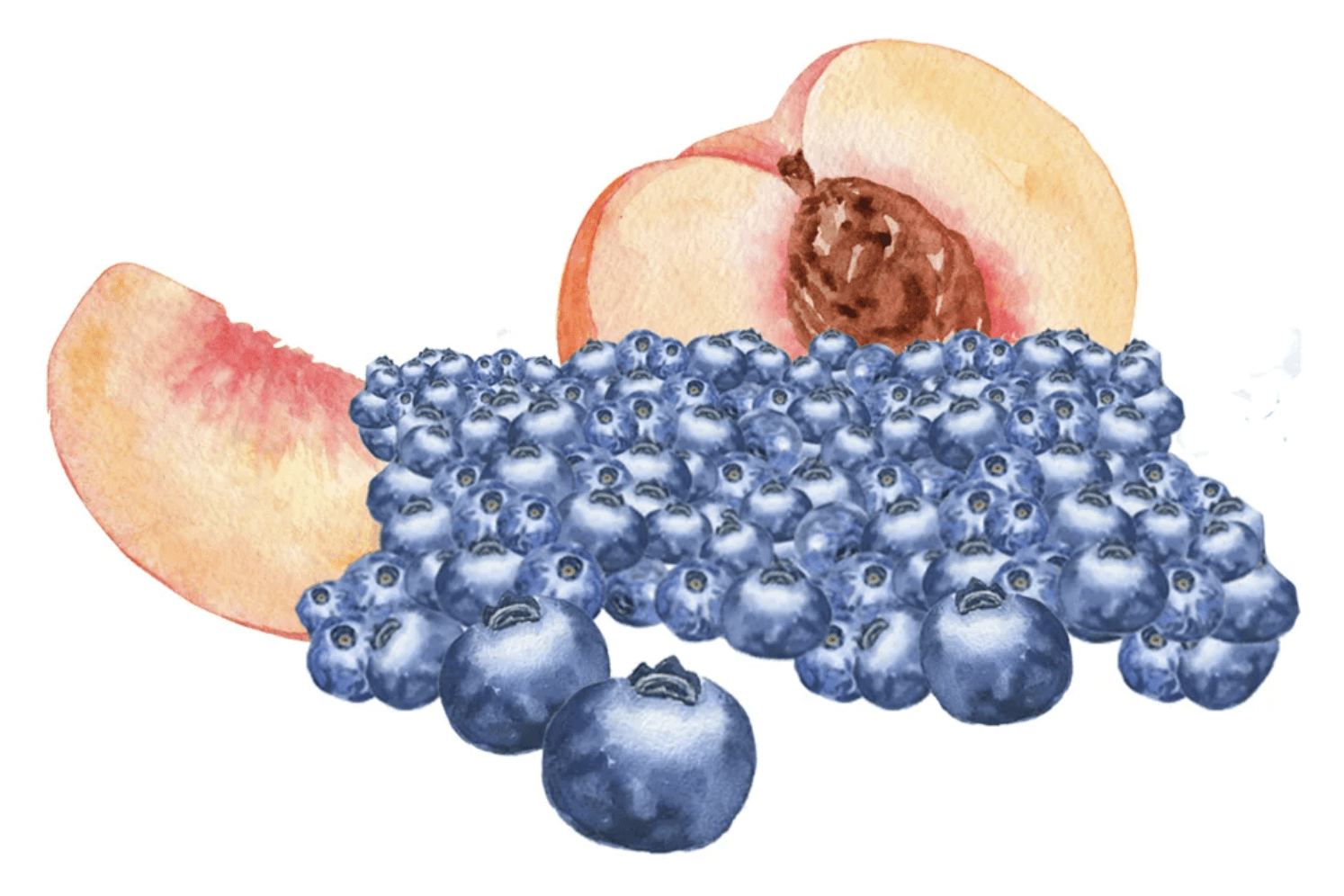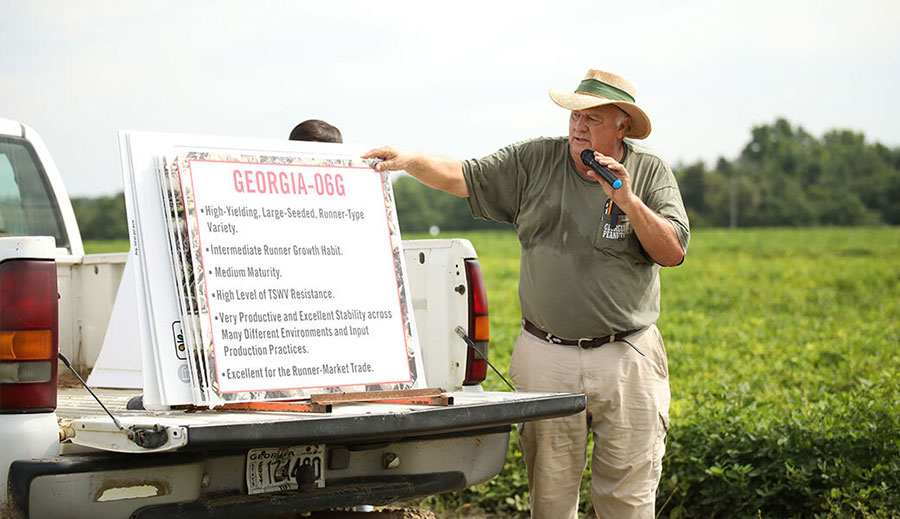Since the water crisis in Flint, Michigan made headlines in late 2015, parents across the country have started looking at their kitchen taps a little suspiciously.
For some, the thought that tap water could be hurting our families might to be too scary to address. With water, however, it’s better to know than to hope, said Jay Lessl, an environmental chemist who runs a section of the Agricultural & Environmental Services Lab at University of Georgia College of Agricultural and Environmental Sciences.
“People have a false sense of security when it comes to their water because they think, ‘If I have city water, it has been tested,” Lessl said. “They’re right, but it’s tested before it goes into the supply lines and through the pipes in our homes, and that’s where the lead is coming from.”
All municipal and county water departments are required to ensure that water is free of harmful contaminants, such as lead or bacteria, before it leaves the water treatment plant and enters the service lines. But they perform less testing of water after it’s traveled through their service delivery lines and almost no testing of water after it travels through a home’s pipes.
Before 1986, lead was used in the solder used to join pipes. Over time, lead from those joints can leach into the home’s water supply. This is the biggest source of lead in home drinking water and major reason why it’s important to test, Lessl said.
Lead is a toxic metal that can be harmful at low levels and is especially harmful to children. It can cause a number of neurological problems including learning disabilities and behavior problems.
Testing can help a family determine whether they need a water filter, another form of remediation or if they can just relax and enjoy their tap water.
“If you don’t have a problem with your water, you might want to leave well enough alone,” Lessl said. “I tell people to remember that when they’re unnecessarily filtering their water, they’re filtering out a lot of the naturally occurring beneficial minerals that we need.”
The UGA Cooperative Extension Service offers not-for-profit water testing performed by an U.S. Environmental Protection Agency-certified lab.
Home test kits are available for around $20 but those kits often just test for the presence of lead and don’t tell you how much lead is there. There are also for-profit lab services that will test a mailed-in sample of tap water, but those can cost upwards of $100.
“A home test may be inconclusive or show only the presence of lead instead of telling you exactly how much is in your water,” Lessl said. “If you have lead you need to know the severity of the problem to decide how to remedy it.”
UGA Extension’s test, test W42-Pb, costs $40. The cost provides testing, a detailed report on the water’s lead content and trained staff to answer any questions you may have on the report.
It also includes testing on an entire panel of heavy metals. No reports are produced on these metals but if one turns up in the sample, the staff will contact the client, Lessl said.
Every county in Georgia has access to these lab services and many others through their UGA Extension county office. The local offices will provide sample bottles, accept payment for the tests and handle the shipping. Georgians can locate their local UGA Extension office by calling 1-800-Ask-UGA1 or by visiting extension.uga.edu.
Clients may also contact the lab directly by visiting aesl.ces.uga.edu.
For more information about lead in drinking water visit www.epa.gov/safewater/lead.
Steps for Testing for Lead with UGA Extension
- Use a clean sealable container.
- Take a sample from the faucet you use most often for drinking water. Be sure to let your water sit in the pipes for at least eight hours before taking the sample. (Take it as soon as you get home from work or as soon as you get up in the morning.)
- Find your local UGA Extension office by calling 1-800-Ask-UGA1 and deliver your sample to the office.
- Results will arrive in 2 to 3 weeks.






